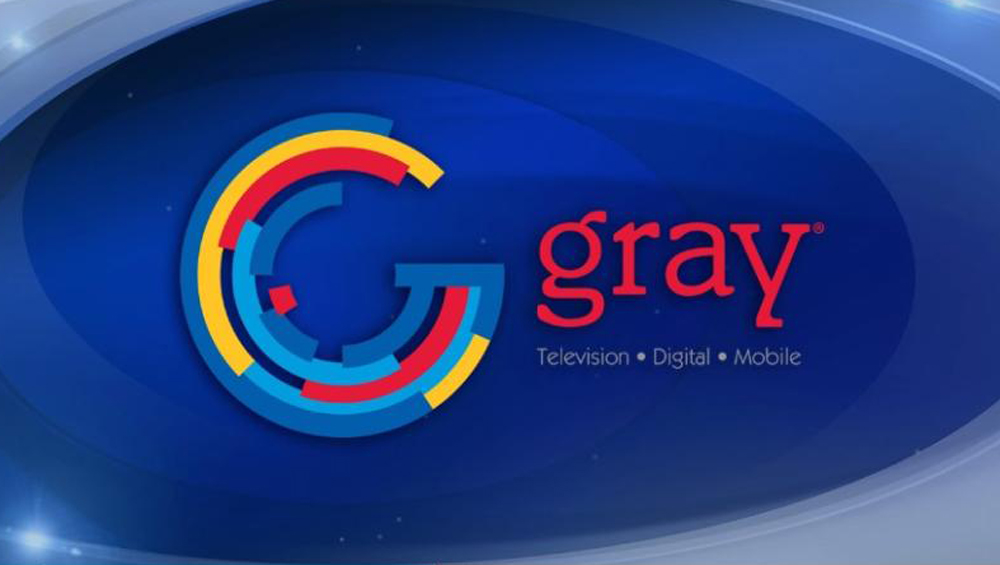
DOJ Sets Divestitures For Gray-Raycom OK

The Department of Justice announced Friday that it will require Gray Television and Raycom Media, to divest television stations in nine markets as a condition of approving the proposed $3.6 billion merger between Gray and Raycom. The deal still needs FCC approval.
The Justice Department’s Antitrust Division filed a civil antitrust lawsuit in the U.S. District Court for the District of Columbia to block the proposed merger. At the same time, it filed a proposed settlement that, if approved by the court, would resolve the suit by remedying the competitive harms alleged in the complaint, through the divestitures and related conditions.
“Without the required divestitures, Gray’s merger with Raycom threatens serious competitive harm to cable subscribers and small businesses,” said Assistant Attorney General Makan Delrahim of the Justice Department’s Antitrust Division. “I am pleased, however, that we have been able to reach a speedy and complete resolution of the division’s concerns, thanks in part to the parties’ commitment to engage in good faith settlement talks from the outset of our investigation.”
According to the complaint that triggered the review, without the divestitures the merger would eliminate head-to-head competition between Gray and Raycom in the nine markets in which the divestitures are being required.
In each of those markets, the transaction would increase the number of Big 4 affiliates owned by Gray, leaving Gray with two or more Big 4 stations in each area. The divestiture markets are Knoxville, Tenn. (DMA 60); Toledo, Ohio (71); Waco–Temple–Bryan, Texas (89); Augusta, Ga. (105); Tallahassee, Fla.–Thomasville, Ga. (112); Odessa-Midland, Texas (142); Panama City, Fla. (150); Albany, Ga. (152); and Dothan, Ala. (173)
As a result of the merger, DOJ said, the combined company would likely charge cable and satellite companies higher retransmission fees to carry the combined company’s broadcast stations, resulting in higher monthly cable and satellite bills for millions of Americans.
DOJ said the merger would also enable the company to charge local businesses and other advertisers higher prices for spot advertising in the divestiture markets. “Businesses rely on competition among broadcast station owners to obtain reasonable advertising prices. Gray and Raycom compete with one another for the business of local advertisers, and the proposed merger would eliminate that competition, harming local businesses,” it said.
The Antitrust Division said it determined that the divestitures would resolve antitrust concerns related to the licensing of Big 4 television retransmission consent and the sale of broadcast television spot advertising that would otherwise result from the merger. The divestitures required under the settlement announced today would, if approved by the court, require Gray to sell the Big Four affiliate stations currently owned by either Raycom or Gray in each of the nine markets where the companies have Big Four overlaps. The settlement requires that the divestitures be accomplished in such a way as to satisfy the United States that the divested stations and associated assets will be used by the buyers as part of a viable, ongoing commercial television broadcasting business.
The stations involved:
Knoxville
Gray: WVLT (CBS) | Raycom: WTNZ (Fox)
Toledo
Gray: WTVG (ABC) | Raycom: WTOL (CBS)
Waco
Gray: KWTX (CBS) | Raycom: KXXV (ABC)
Augusta
Gray: WRDW (CBS) | Raycom: WFXG (Fox)
Tallahassee
Gray: WCTV (CBS) | Raycom: WTXL (ABC)
Odessa-Midland
Gray: KOSA (CBS) | Raycom: KWES (NBC)
Panama City
Gray: WJHG (NBC-CBS) | Raycom: WPGX (Fox)
Albany
Gray: WSWG (CBS) | Raycom: WALB (ABC-NBC)
Dothan
Gray: WTVY (CBS-NBC) | Raycom: WDFX (Fox)
































Comments (0)